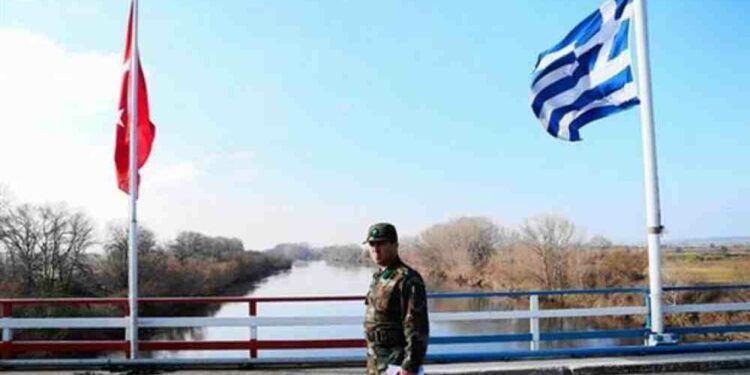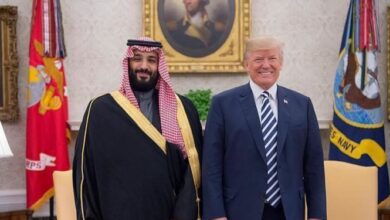KSA fuels the Turkish-Greek conflict

An official Saudi document revealed that the Saudi Arabia is fueling the Turkish-Greek conflict in order to stop Turkish plans and expansionist ambitions in the eastern Mediterranean and Libya.
The document was issued three years ago by the Saudi intelligence service, based on recommendations from the Council of Political and Security Affairs, which is headed by the current Crown Prince Mohammed bin Salman, and is directed to the Ministry of Foreign Affairs.
The document, signed by Saudi King Salman bin Abdulaziz, and entitled “Very Confidential and Urgent,” said that the rapprochement with Greece aims to unify the positions between the two countries regarding Turkish interventions in Libya and Syria, confront those interventions, and tighten the screws on the political options of the Turkish government.
The document pointed out that the rapprochement with Greece aims to exploit regional tensions between Athens and Ankara, to strengthen the Kingdom’s presence in Greece in the energy fields.
The document directed the Ministry of Foreign Affairs to strengthen military, political, economic, social, cultural, commercial, agricultural, educational and tourism cooperation with Greece.
The document also called on the Ministry of Foreign Affairs and the King Abdullah bin Abdulaziz International Centre for Interreligious and Intercultural Dialogue to become close to the Orthodox Church, because of its influence on political and social decision-making in Greece.
Greece is the traditional and historical opponent of Turkey, since its independence from the Ottoman Empire in 1832, and the two countries fought 4 major wars in 1897 and 1912, between 1914-1918 and 1919-1922.
Disputes are ongoing between the two European countries, both are members of NATO, over the island of Cyprus and the Aegean Sea, and the rights to explore energy sources in the Mediterranean.
Historically, it can be asserted that Greece was not a strategic target for the Gulf states, because of the lack of contact lines with its interests, as well as the collapse of its economy.
In other words, Greece has nothing to offer to the two Gulf state to achieve this rapprochement and alliance with it.
Given Athena’s desire to play a parallel role with Turkey, Riyadh seeks to attract Greece, and work to turn it into another arm to counter Ankara’s influence.
The disputes between the Kingdom and Turkey escalated, after Saudi elements – by orders of the Crown Prince – killed opposition journalist Jamal Khashoggi inside his country’s consulate in Istanbul, Turkey, on October 2, 2018.
The Turkish authorities blocked news websites for Saudi Arabia and the UAE in April 19, 2020, days after Turkish government websites were blocked in the Kingdom.
The reciprocal moves appeared to come four weeks after Turkish prosecutors accused 20 Saudis of killing Khashoggi at the Saudi consulate, leading to a deterioration in relations between Ankara and Riyadh.





